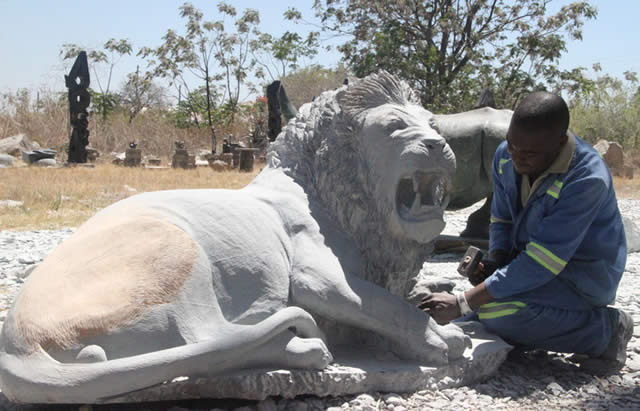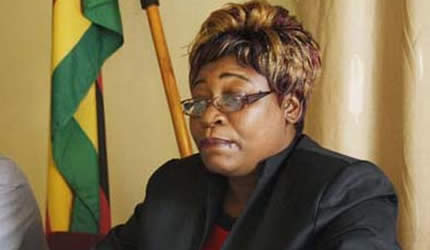EDITORIAL COMMENT: Alternatives panacea to power shortages

THE threat of climate change to economic development is real and while to many people it appears to be an abstract phenomenon, it is a matter that the Government and climate experts need to seriously look into and come up with mitigatory measures. Many people associate climate change with poor rainfall, shifting agricultural seasons and drought, but have not taken time to reflect on its effect on hydroelectricity, which Zimbabwe and many parts of the world depend on as a renewable source of energy.
While agriculture thrives with good rainfall, it must be borne in mind that agriculture and deforestation also contribute to greenhouse gases that cause climate change and consequently drought. There have been massive deforestation across the country as land is cleared for farming and settlement.
Trees have been cut down to provide firewood for households and to fire tobacco barns.
This is why reports of falling water levels in Kariba Dam are a serious cause of concern as this impacts negatively on electricity production as is the case in the country at the moment. The power authority Zesa has warned of increased power load-shedding owing to curtailed electricity generation at Kariba because of the low water level.
With climate change, the prospects of receiving high rainfall in the future fade with each passing day while the chances of getting less and less rainfall increase.
The generation of hydroelectricity depends on the funnelling of water from elevated heights through the power plants found inside dam structures.
When the force of water pressure needed to turn the blades of the hydro turbines is reduced, it affects power production. We must not treat the threat of reduced power generation as a once off thing, but rather something that can be with us for many years to come as we continue losing our forests and experiencing erratic rainfall pattern.
It is still good that the water level at Kariba Dam has not fallen below the maximum level required for power production, otherwise we could be experiencing far worse power cuts than presently.
If the water level reduces to a level below the maximum permitted, power production normally stops completely as there will be the danger of drawing in mud and other dirt from the floor of the dam.
As a country, we thus need to come up with ways of averting a power blackout in the future given that human activities contribute to climate change. We need to come up with heavy penalties on the wanton cutting down of trees and destruction of our forests while at the same time thinking seriously of alternative energy sources.
The effect of reduced power generation is too ghastly to contemplate as it affects all our efforts to turnaround the economy given that electricity plays such an important role in economic development.
It is high time we stopped paying lip service to the development of solar energy power plants and our huge coal deposits to produce thermal energy, which we still use alongside hydroelectricity.
We cannot pretend that we will be spared by climate change and continue to fill our dams, including Kariba, with adequate water for electricity production.
We are not saying we will not have rainfall completely, but we are worried by the erratic pattern which may not be enough to fill rivers that feed into Kariba Dam.
With that in mind, we need to be better prepared for such eventualities and there is no better way to do so than by embracing alternative sources of energy.










Comments